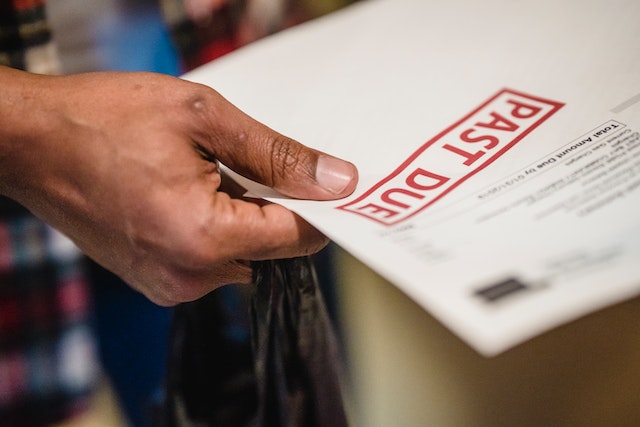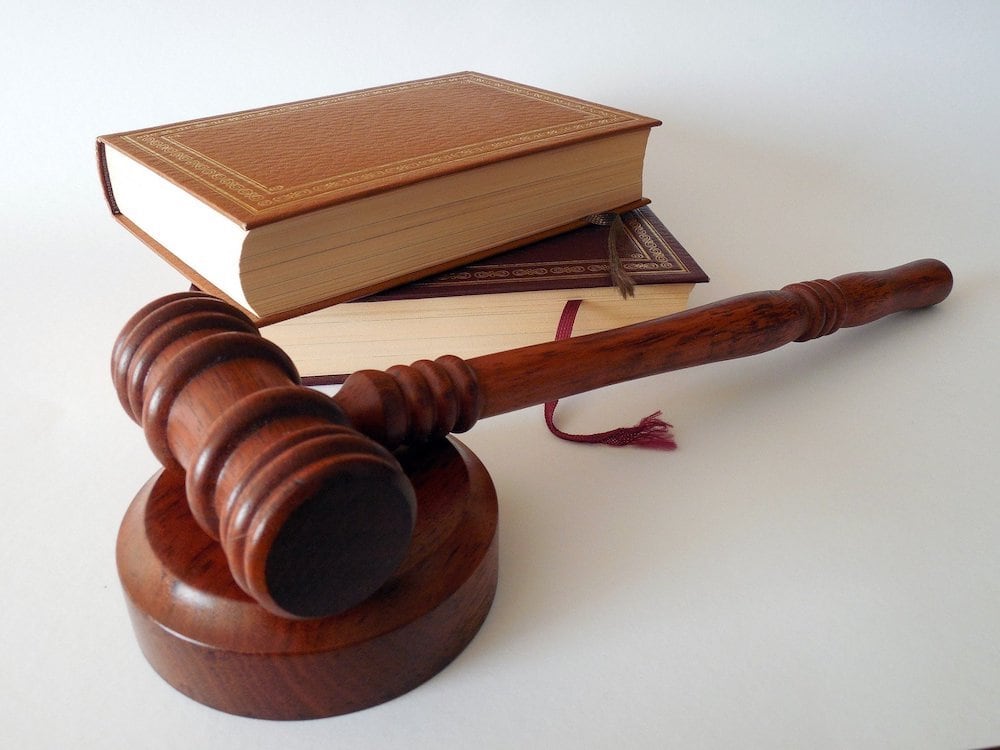
Many who file for bankruptcy have a false conception that doing so will erase all debts associated with them. While this process can be extremely beneficial for those looking to regain control of their finances, working with a Memphis, TN consumer bankruptcy lawyer is crucial to knowing what to expect. If you’re ready to embark on this process, the following blog explores what you can expect during this process and whether or not all of your debts will be forgiven.
Will Bankruptcy Erase All Debts After I File?
When filing for bankruptcy, many go into the process assuming all their debts will be entirely wiped. However, this is unfortunately not true. Generally, several kinds of debts are non-dischargeable, meaning you are still legally responsible for repaying them even if you file for bankruptcy. These are called non-dischargeable debts because they will not be forgiven once your bankruptcy case is complete.
Aside from non-dischargeable debts, certain obligations will be barred from discharge. These include fraudulent loans or incurring more than $800 on a credit card within 90 days of filing.
Finally, if you do not include a debt on your bankruptcy petition, you will be unable to have it discharged, even if it is a dischargeable debt. This is because you are responsible for ensuring that all debts you wish to have removed are included in your petition.
What Is a Non-Dischargeable Debt?
A non-dischargeable debt is anything that cannot be forgiven during a bankruptcy filing. These apply both to Chapter 7 and Chapter 13 filings.
The most common forms that cannot be forgiven are secured debts. These are essentially any items you purchase with the agreement that the creditor can seize the property if you do not repay the loan. Most commonly, these represent homes, cars, or other considerable purchases. When you file, you will have the option of continuing to make payments or forfeiting the property.
Similarly, if you owe child support and alimony payments to an ex-spouse, these will not be discharged. This is because the courts have determined that a domestic support obligation cannot be removed. If you have issues meeting payments, you must file a petition for a modification through the family court, but the judge may not grant it.
Finally, if you are ordered to pay criminal restitution or make personal injury payments for a drunk driving accident, these are also not dischargeable during bankruptcy, as you are still responsible for ensuring your financial repercussions are met.
Because navigating bankruptcy can be incredibly complex, it’s in your best interest to enlist the assistance of an experienced attorney from the Arnold Law Firm. Unfortunately, if you forget to include a debt or make a mistake during the process, it can jeopardize whether or not your case will proceed. However, having legal representation can help you through this process to make your filing as smooth as possible. Contact our team today to discuss your circumstances.




